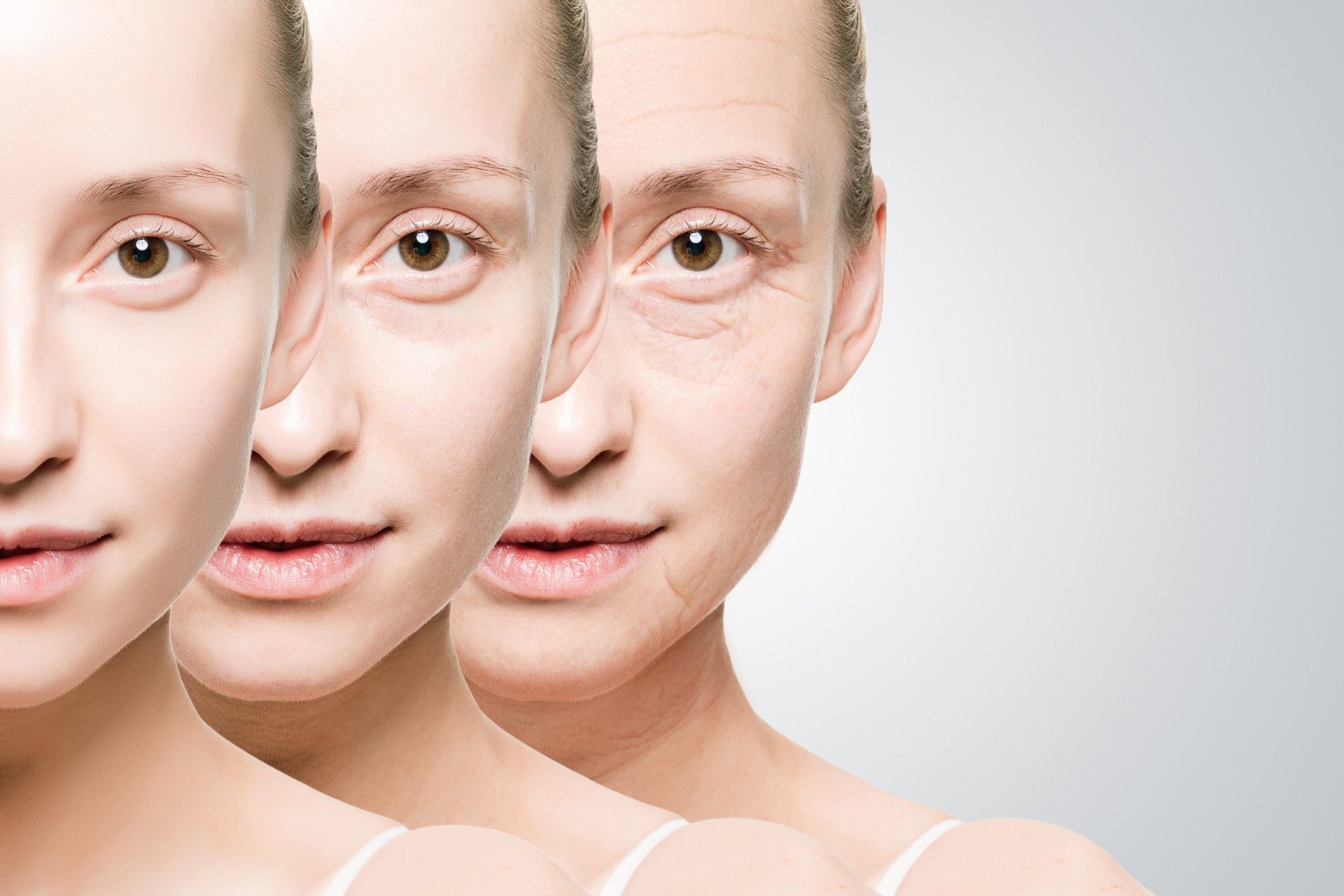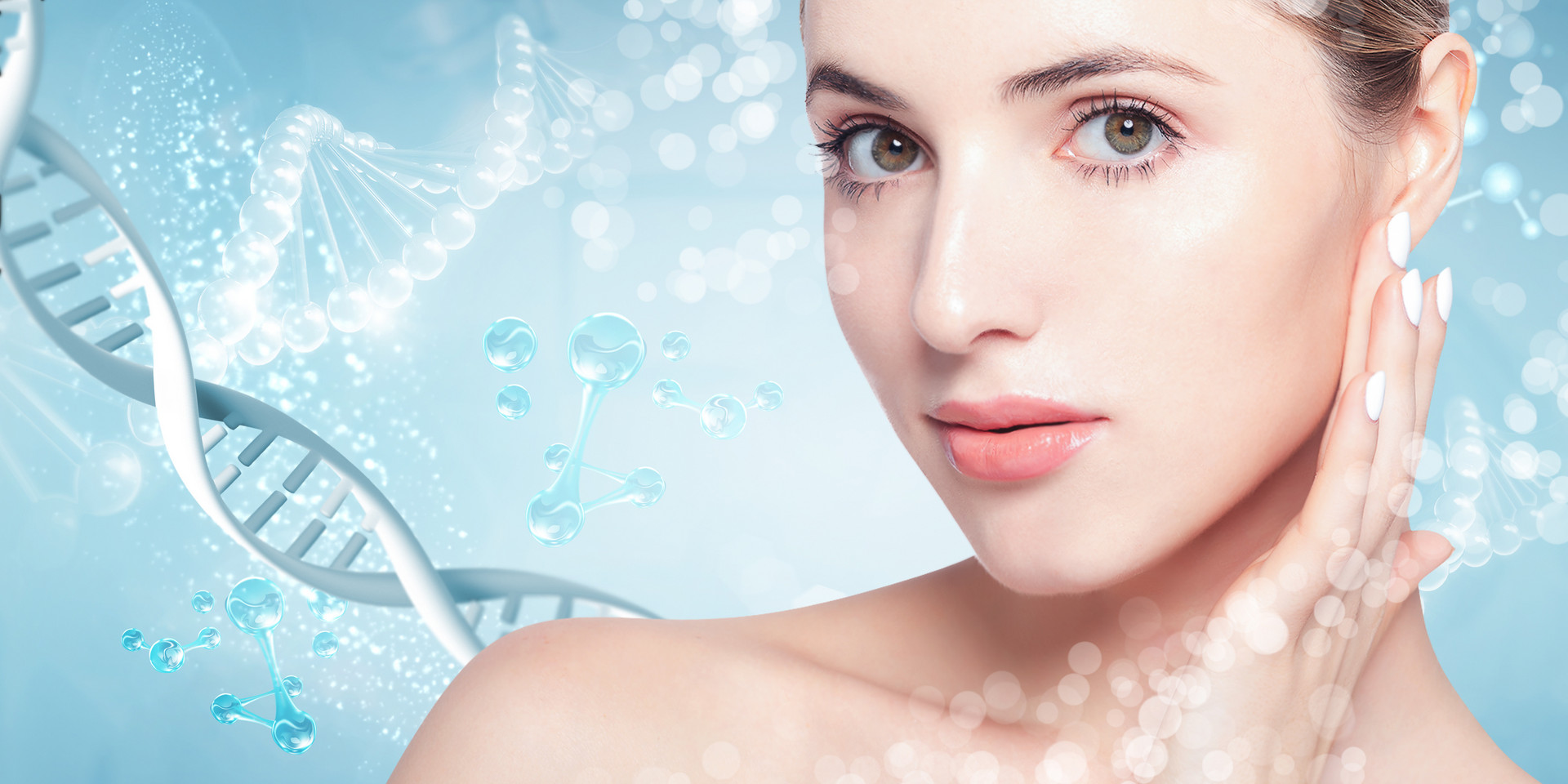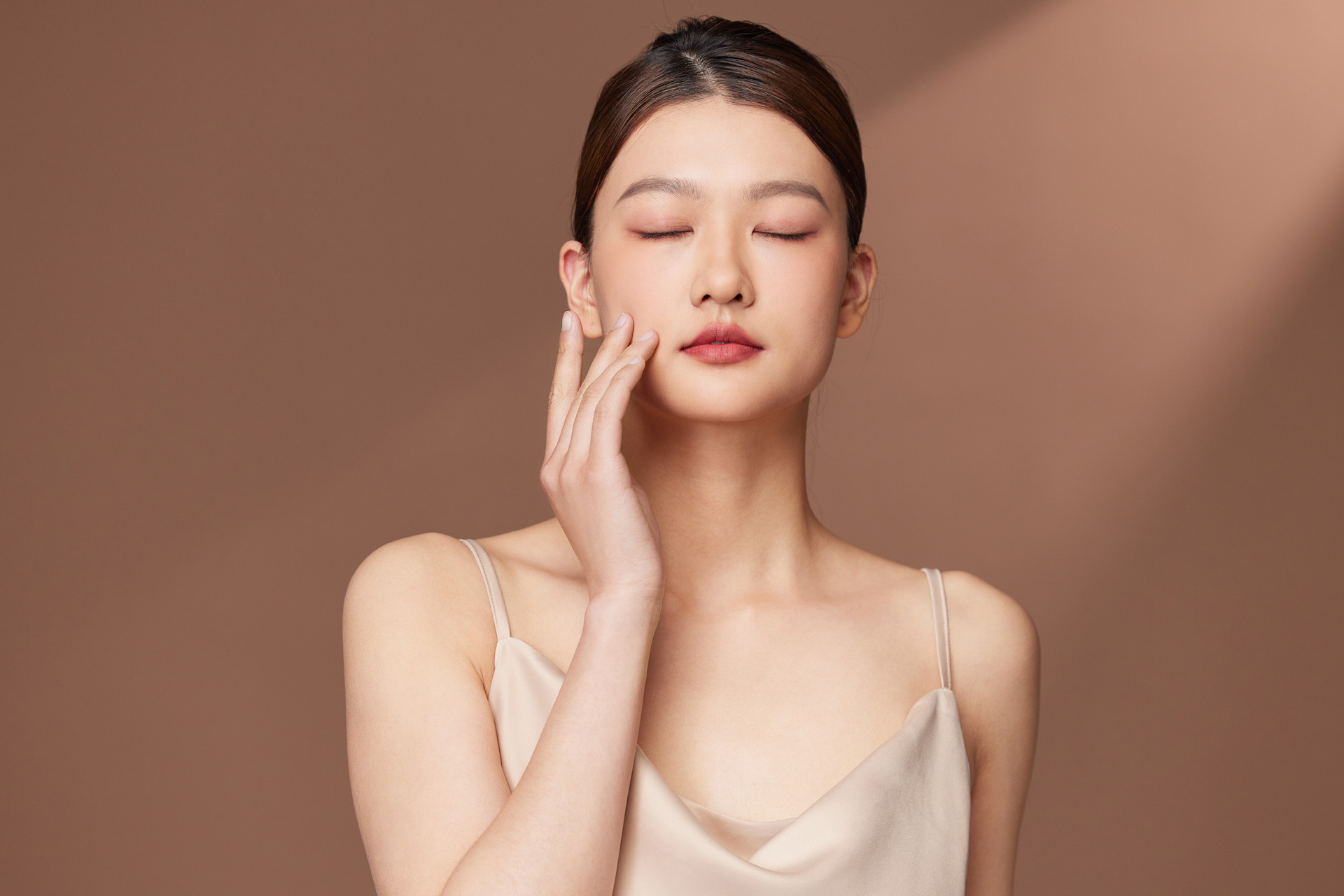The beauty and health of hair are related to the Du meridian. The Du meridian originates from the perineum and its branches extend from the inside of the spine, belonging to the kidneys. As the Du meridian runs along the spine, enters the brain, passes over the top of the head, and descends to the kidneys, it forms a pathway between the kidneys, spinal cord, brain marrow, and hair. Therefore, when the kidney's essence and energy are abundant, nourishment is carried to the hair through the ascending qi of the Du meridian, resulting in thick and glossy hair. This is the physiological basis of the saying "the essence of the kidneys manifests in the hair".
The kidneys store essence, and its manifestation is in the hair. Although the nutrition of hair comes from the blood, its vitality is rooted in the kidneys. The kidneys are the foundation of congenital energy and the storage of the essence of the five viscera and six bowels, which is the essence of postnatal nourishment. The kidneys can nourish the organs, tissues, and support the overall development and maintenance of life.
The vitality of hair is closely related to the abundance of kidney energy throughout a person's lifetime, from childhood, youth, adulthood to old age. This is the meaning of "the essence of the kidneys manifests in the hair" in the book "Su Wen: Six Sections on the Correspondence of the Zang and Fu Organs".
The fluctuation of kidney energy in the body can be revealed through the hair. Further analysis reveals that the relationship between the kidneys and hair is mainly manifested in the physiological effects of kidney essence on hair. The kidneys store essence, which generates blood. This indicates that the origin of blood lies in the essence of the kidneys, which nourishes the hair. The vitality of a person comes from the kidneys, as it is transformed from the essence of the kidneys. The vitality is the driving force for the growth of hair.
The physiological effects of the kidneys on hair can be categorized in three forms:
First, the kidneys transform essence into blood, nourishing the hair;
Second, the kidneys transform essence into vitality, stimulating and promoting hair growth;
Third, the kidneys nourish the hair through the action of the Du meridian and ascending qi. The Du meridian branches out from within the spine, belonging to the kidneys.
Therefore, the nutrition of hair comes from qi and blood, while its vitality is rooted in the kidneys. When the kidneys are abundant, the hair develops normally, appearing thick, shiny, and lustrous. Conversely, if the kidneys are deficient, the hair becomes sparse, withered, and lacks luster. Therefore, the first approach in traditional Chinese medicine for hair beauty is to tonify the kidneys.
The liver stores blood, and its normal functioning and regulation are closely related to blood. Only when the liver functions properly can the organs and hair receive nourishment from the blood. In addition, the liver is responsible for the smooth flow of qi. When the liver fails to disperse, and qi stagnates, it can obstruct the circulation of qi and blood, affecting the supply of nutrients to the hair.
Blood plays a nourishing role in hair. Blood nourishes the tissues and organs throughout the body, including the skin and hair. The circulation of blood relies on the propulsion of qi, which flows up to the lungs and circulates through the meridians, evenly distributing throughout the body. "Hair is the surplus of blood", indicating that when blood and qi are abundant, the hair is also flourishing. Conversely, when blood and qi are deficient, the hair becomes withered, sparse, or falls out.
Due to the close relationship between blood and qi and hair, any blood disorders caused by various reasons, such as blood stasis, blood heat, and blood dryness, can lead to hair problems such as hair loss and premature graying.
Traditional medicine believes that "the kidneys store essence, and its manifestation is in the hair; when kidney qi is deficient, the hair falls out and turns white prematurely" and "hair is the surplus of blood". The good or bad growth of hair is directly related to the liver, kidneys, qi, and blood. Patients with hair loss often have deficiencies in the liver and kidneys, with deficient qi and blood. When the liver and kidneys are insufficient, the essence does not transform into blood, which fails to nourish the hair, resulting in hair loss. Deficiency in qi and blood prevents the overall nourishment of the body, leading to signs of aging, which can be seen externally as hair loss. Sudden mental stimulation or long-term mental stress can also cause deficiencies in qi, blood, liver, and kidneys, resulting in premature baldness, hair loss, and alopecia areata.






